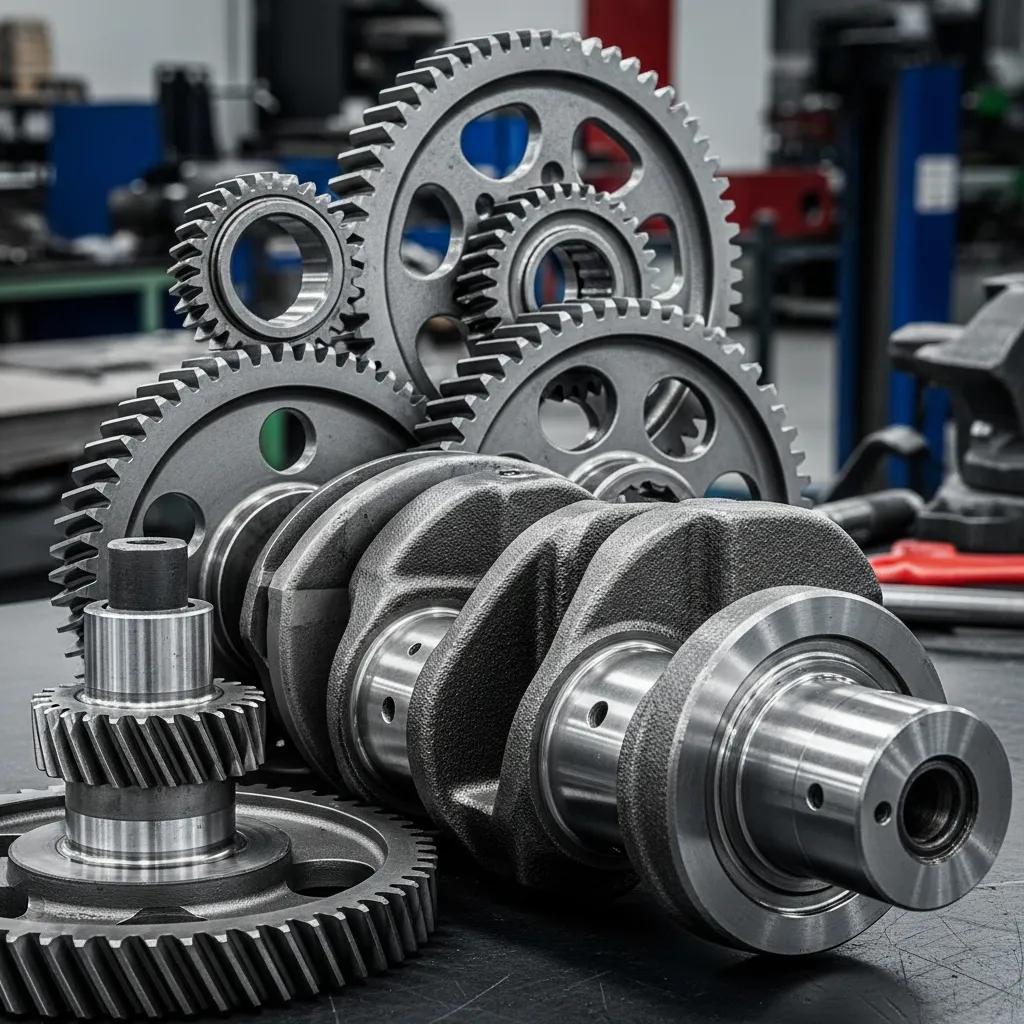Alloy steel is one of the most popular and widely used metals. The various alloying elements increase Steel’s overall strength, hardness, and toughness. Steel is used in almost every industry. It has a wide range of construction, engineering, and equipment product applications.
It is said that if Eiffel Tower, constructed in 1887, were built today, it would require only one-third of the Steel used then? Steel has undergone a remarkable evolution over the years. Alloy steel manufacturer in India produces Steel in considerable quantities in different types. In this article, let us the different types and uses of alloy steel.
Types of Alloy Steel:
When combined with aluminum, nickel, carbon, or nickel, Steel gives rise to different types of alloy steel. These elements are added in various proportions to obtain the required properties in Steel. It is interesting to know that 75% of the types of alloy steel were developed in the recent 20 years! It is primarily categorized by the percentage of alloying materials added to Steel.
High-Alloy Steel
When a high percentage of alloying elements is added to Steel, it is defined as high-alloy Steel. Stainless Steel is considered one of the most common high-alloy Steel containing a minimum of 12 percent chromium. It makes a thin oxide layer on the surface of the Steel. High proportions of carbon and manganese are also added to give an austenitic nature to the high-alloyed Steel. This type of steel provides increased strength, hardness, and resistance to high temperatures. It also contributes to advancing machinability and strengthens the properties of other elements.
Low-Alloy Steel
Alloy steel manufacturer produces low-alloy steels by adding Steel and other alloying elements in lower percentage (1 to 5%) to create desirable properties. Small inclusions of chromium and nickel improve their performance in high temperatures and impart corrosion resistance. The low-alloy steels have varying strengths depending on the chosen alloy. They also exhibit superior mechanical properties.
Type by Alloy
The properties of Alloy steel depend on the different types of alloy and their percent. Each alloying material provides various types of properties. We have listed a few of the most commonly added alloying materials:
- Aluminum: It removes oxygen, sulfur, and phosphorus impurities from the Steel.
- Bismuth: It improves machinability.
- Chromium: The addition of chromium increases wear resistance, hardness, and toughness.
- Cobalt: It is used to increase stability. It is used in making sharp (cutting) tools.
- Copper: It is corrosion resistant and improves hardening.
- Manganese: Adding manganese will increase Steel’s hardenability, wear resistance, and high-temperature strength.
- Molybdenum: It is used to lower the carbon concentration. It also increases strength.
- Nickel: It improves strength and toughness. It improves corrosion and oxidation resistance.
- Silicon: It is used to increase strength and magnetism.
- Titanium and Tungsten: They improve hardness and strength.
It can be seen that alloy steel is a material that suits almost every application. From providing unsurpassed durability, and optimum strength to high performance in harsh conditions, alloy steel is an essential element in every industry.
Our team of experts at Dhand Steels, a leading alloy steel manufacturer in India, aims to provide quality customer service and products. We offer a wide range of Alloy Steel Bright Bars for various applications. Reach out to top alloy steel manufacturers to avail best services.






Comments
0 Comment On Post